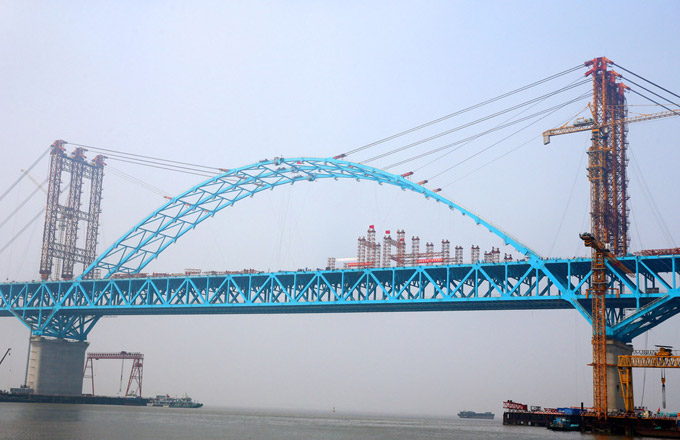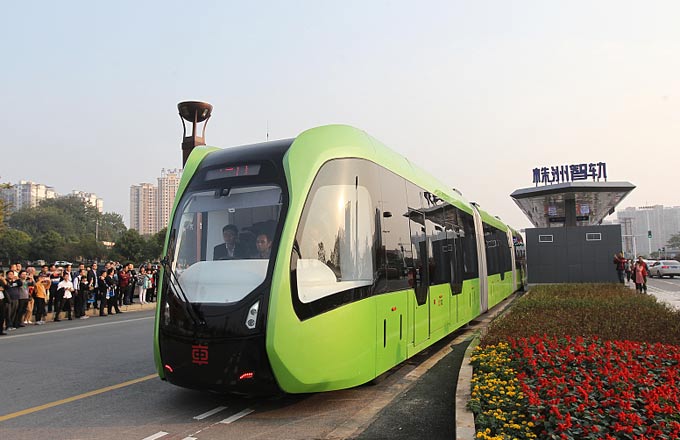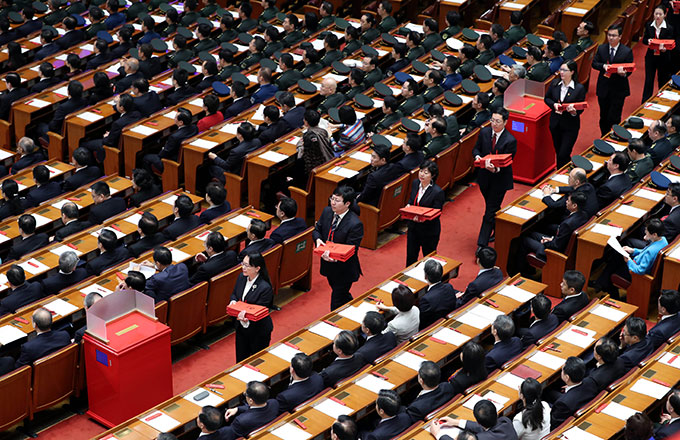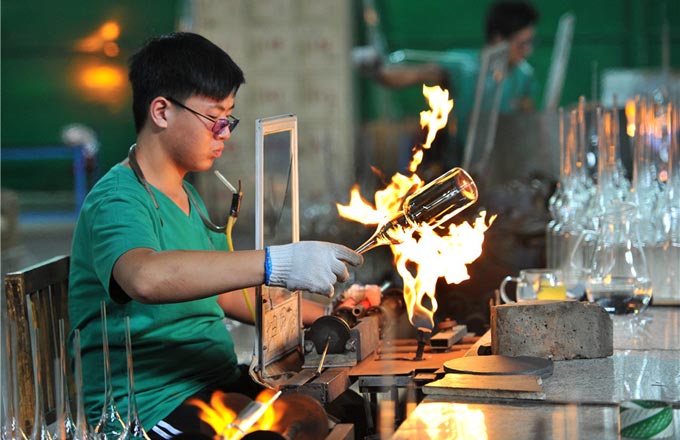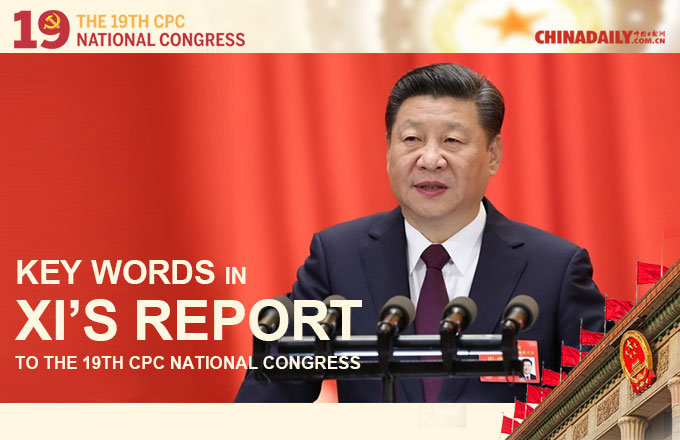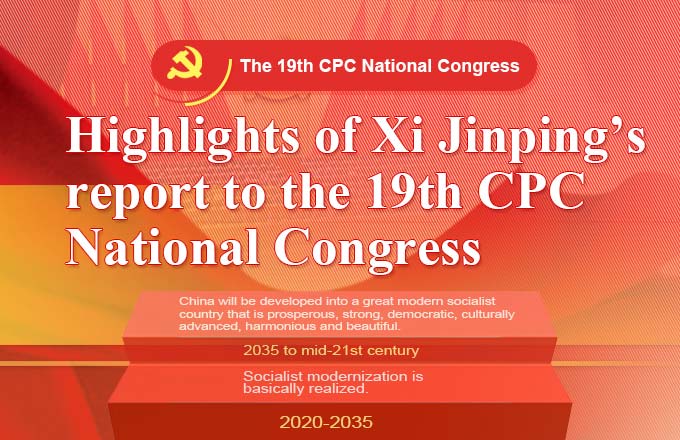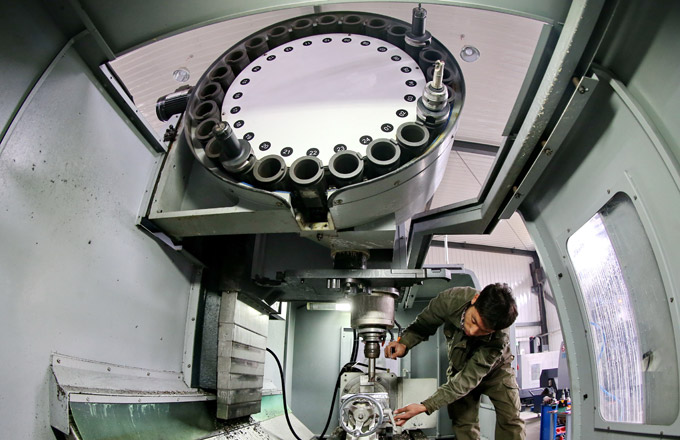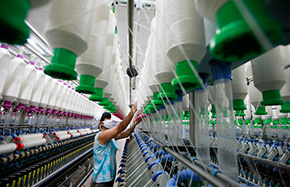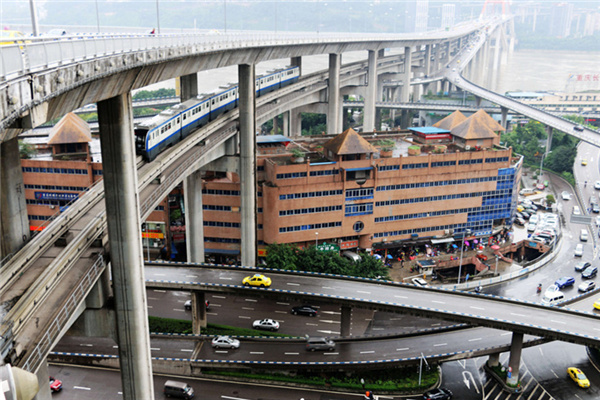Witnessing history as it's being made
 |
|
Erik Nilsson |
Covering the 19th National Congress of the Communist Party of China has been an opportunity to witness this momentous occasion firsthand-and to tell its stories to the world.
A high point was being present as the Party's General Secretary, Xi Jinping, presented the congress's keynote report.
That's not just because of the magnitude of this turning point for world history in the Great Hall of the People. It's also because the report voices a vision for the future and articulates realities I've seen firsthand throughout the nation over the past half-decade.
I've spent the past 11 years traveling to nearly every corner of the country-often to remote settlements-to cover not only poverty but also its solutions.
Indeed, I've personally witnessed the progress the nation has made under the Party's leadership, especially in the past five years.
China's poverty alleviation-unprecedented in scope and speed, in space and time-is critical to enabling the country to achieve moderate prosperity.
I've watched communities transform over the past five years through the targeted poverty-alleviation approach the central leadership has introduced.
Earthen homes and dirt roads have been replaced with modern houses and paved motorways. Low-income livelihoods have been upgraded, as job training, agricultural modernization and emerging employment sectors continue to generate new opportunities.
Life is improving.
The series I host, Progress Points: Looking Back, Moving Forward, seeks to explain what the congress means for China's Party building, diplomacy, economics, poverty alleviation and environmental protection.
It's a visual and informative way to experience what the congress means for all of us in simple terms, filmed on the front lines.
Every episode looks at a progress point of the past five years and examines what the congress means for its evolution in the following half-decade-and beyond.
That comes as Xi Jinping Thought on Socialism with Chinese Characteristics for a New Era heralds a paradigm shift.
While China remains in socialism's early stages, it has developed sufficiently to usher in a new paradigm of the Party's main mission.
It's time to update the long-term vision, since people are no longer struggling to meet essential needs but rather aspire to the higher quality of life that moderate prosperity affords.
This is the contradiction Xi described for the new era-the conflict between China's "unbalanced and inadequate development and the people's ever-growing needs for a better life" .
More than 60 million people have been hoisted out of poverty since 2012. The poverty rate has dropped from about 10 percent to roughly 4 percent over the past five years.
The new era hails to the "Two Centenary Goals" of eliminating extreme poverty by 2020, a year before the Party's centennial, and enabling China to become a "great modern socialist nation" by New China's 100-year anniversary in 2049.
Standing there, listening to Xi deliver the report in the Great Hall, I had no doubt about its meaning outside the room-throughout the country and the world.
Poverty will become history in China.
I've seen the recent progress with my own eyes.
Now I, too, am looking toward the future.




